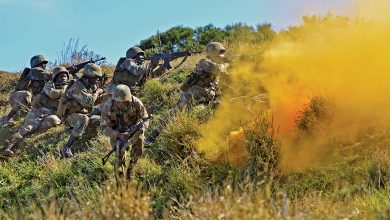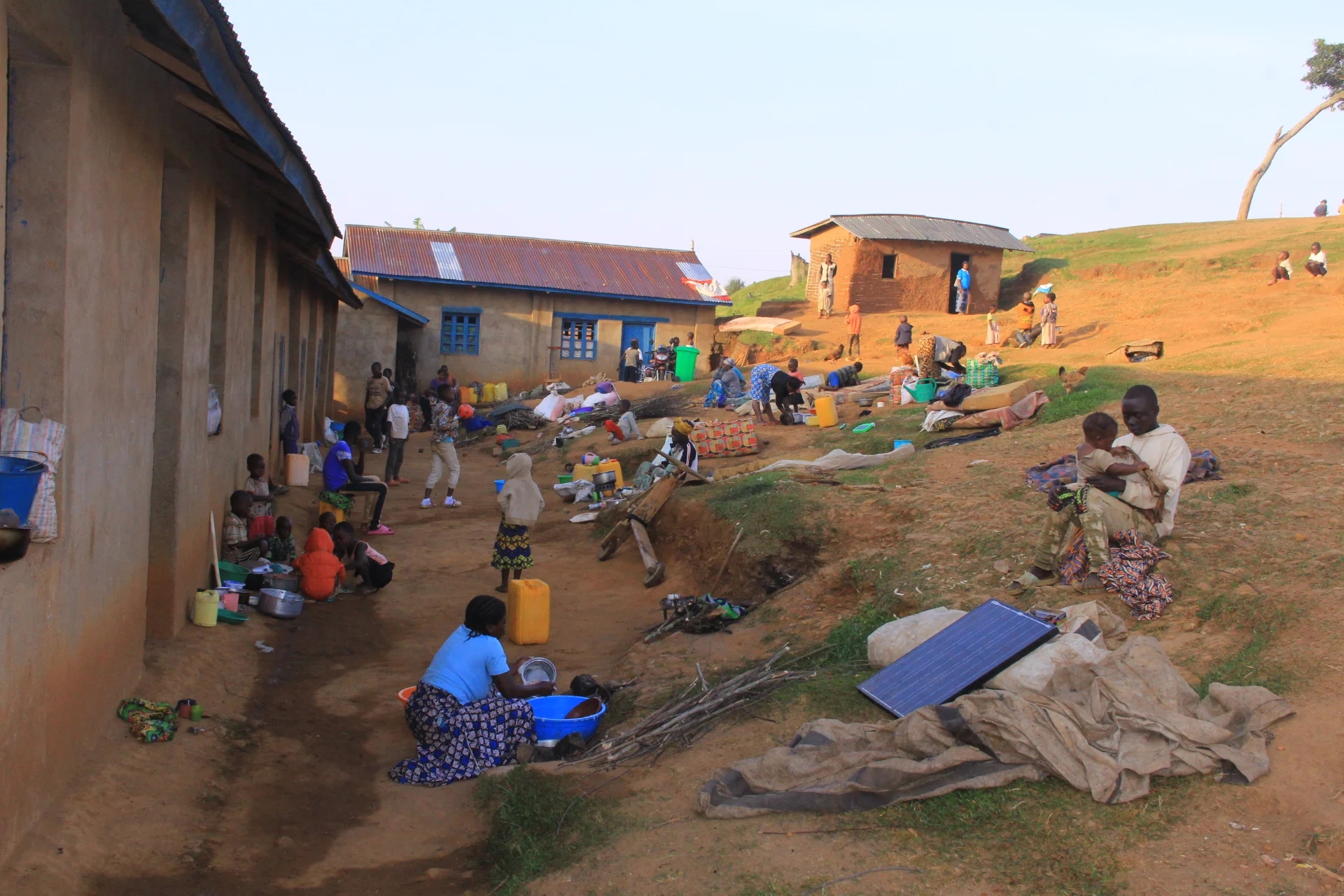The Impact of DR Congo’s M23 Conflict on Goma's Humanity
The renewed conflict between the M23 armed group and
pro-government forces in the eastern Democratic Republic of the Congo has
inundated Goma, the region's largest city and a vital humanitarian aid center.
Over the past two years, the city's population has swelled
by an additional 700,000 people, exacerbating the strain on already overwhelmed
displacement camps and local resources. Recent escalations in fighting have
only worsened the situation, driving more civilians into Goma as the M23
expands its control over vast territories.
Life in Goma has become increasingly challenging, with
shortages of essential supplies, skyrocketing food prices, and the constant fear
of an M23 takeover looming over the city. Displaced individuals like
32-year-old Prudent Kahindo describe dire conditions, highlighting the urgent
need for assistance to prevent hunger and suffering.
The roots of the M23 conflict trace back to complex historical
dynamics and regional power struggles, with neighboring Rwanda backing the
rebel group. Despite international mediation efforts and diplomatic
engagements, the conflict persists, fueling instability and displacing millions
across the country.
Humanitarian organizations, both local and international,
are grappling with limited resources to adequately respond to the escalating
crisis. With formal camps at full capacity, displaced individuals are forced to
seek shelter wherever they can, often in makeshift settlements lacking basic
amenities.
The presence of armed groups, including the Congolese army
and allied militias, has heightened insecurity, particularly for vulnerable
populations such as women and children. Reports of sexual violence and arbitrary
arrests underscore the dangers faced by those living in overcrowded camps.
Amidst the chaos, local initiatives like the Goma Actif
collective and AGIR-DRC provide a glimmer of hope, offering support and
assistance to displaced individuals. However, their efforts are hampered by
resource constraints, highlighting the urgent need for increased funding and
support.










.jpg)